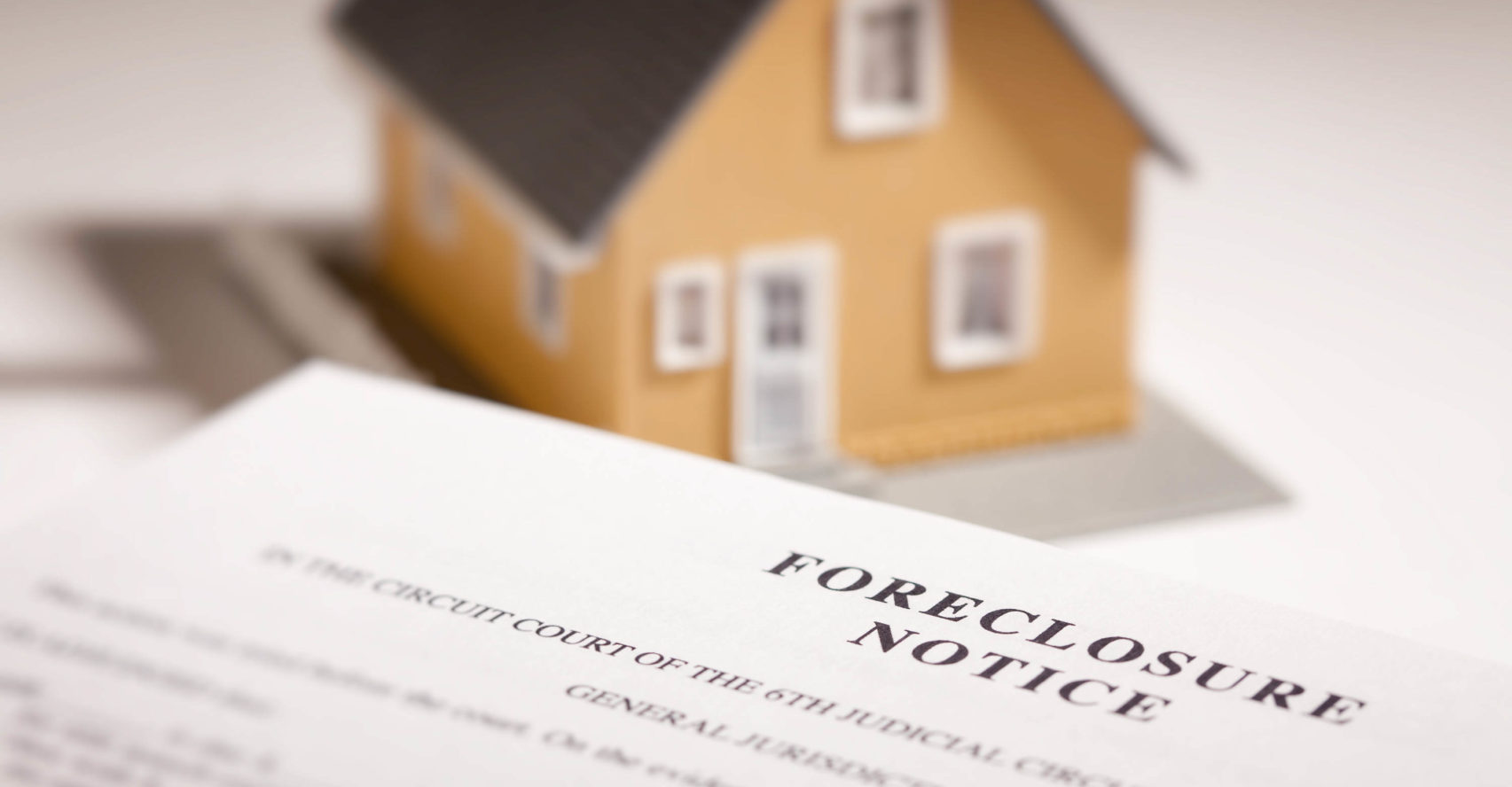Can Bankruptcy Help with Foreclosure

Foreclosure can be a frightening prospect for homeowners. When you can’t keep up with your mortgage payments, your lender may begin the process of repossessing your home. Before you panic, know that there are options available to you, including bankruptcy.
What is Foreclosure?
First, let’s define foreclosure. Foreclosure is the legal process by which a lender takes possession of a home when the homeowner has failed to make mortgage payments.
The foreclosure process varies by state, but generally, it begins with the lender sending a Notice of Default to the homeowner. This is a warning that the lender is about to begin the foreclosure process.
If the homeowner still fails to make payments, the lender will file a Notice of Trustee Sale or a Notice of Sheriff’s Sale. This is a legal notice that the home will be sold at auction.
If the home is sold for less than the outstanding mortgage debt, the homeowner may still owe the difference to the lender. This is called a deficiency judgment, and it can be pursued in court.
What is Bankruptcy?
Bankruptcy is a legal process where an individual or a business declares that they are unable to pay off their debts. There are two main types of bankruptcy for individuals: Chapter 7 and Chapter 13.
Chapter 7 bankruptcy is a type of bankruptcy that allows individuals to eliminate most of their unsecured debts, such as credit card debt and medical bills. It’s also known as a “liquidation bankruptcy” because the debtor’s non-exempt assets are sold to pay off creditors.
Chapter 13 bankruptcy is a type of bankruptcy where you create a payment plan to pay off your debts over a period of three to five years. It’s less severe than Chapter 7 bankruptcy because you get to keep your assets.
How Can Bankruptcy Help with a Foreclosure?
Now that we’ve defined foreclosure and bankruptcy, how can bankruptcy help with a foreclosure?
First, bankruptcy can temporarily stop a foreclosure. When you file for bankruptcy, an automatic stay goes into effect. This means that your creditors, including your lender, cannot take any actions to collect a debt from you. This includes foreclosing on your home. The automatic stay doesn’t last forever, though. It’s usually lifted after a few months. However, this can give you time to work out a plan with your lender.
Second, bankruptcy can help you catch up on mortgage payments. If you’re behind on your mortgage payments, you can use Chapter 13 bankruptcy to create a payment plan to catch up on those payments over three to five years. In addition, you may be able to eliminate other debts through bankruptcy, which can help you free up money to make your mortgage payments.
Third, bankruptcy can help you avoid a deficiency judgment. If your home is sold for less than the outstanding mortgage debt, you may still owe the difference to the lender. This is called a deficiency judgment.
In some cases, bankruptcy can help you avoid a deficiency judgment. If you file for Chapter 7 bankruptcy and your home is sold, the proceeds from the sale may be enough to pay off the outstanding mortgage debt. This means that you won’t owe the lender any money.
Finally, bankruptcy can help you keep your home. In some cases, bankruptcy may be able to help you keep your home by eliminating other debts and freeing up money to make your mortgage payments. With Chapter 13 bankruptcy, you can create a payment plan to catch up on your mortgage payments and keep your home.
Foreclosure can be a scary prospect, but know that there are options available to you, including bankruptcy. Bankruptcy can temporarily stop a foreclosure, help you catch up on mortgage payments, avoid a deficiency judgment, and even help you keep your home. If you’re facing foreclosure, it’s important to speak with a Decatur bankruptcy attorney who can help you determine which type of bankruptcy is right for you and guide you through the process.




